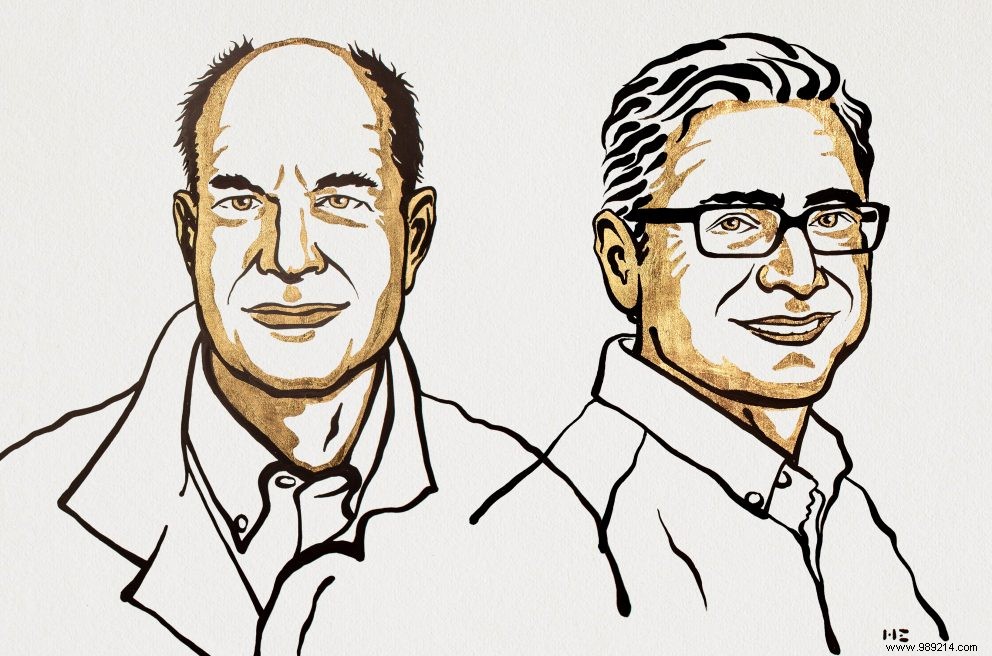On Monday, October 4, the Nobel Committee announced that the 2021 Nobel Prize in Medicine has been awarded to David Julius and Ardem Patapoutian. Both were awarded "for their discoveries of temperature and touch receptors “.
As usual, medicine gets the ball rolling. Last year, the Nobel Prize awarded Michael Houghton, Harvey J. Alter and Charles M. Rice for their decisive contribution to the fight against hepatitis C. This year, the prize goes to Dr. David Julius, professor of physiology at the University of California (San Francisco) and Ardem Patapoutian, a molecular biologist and neuroscientist at Scripps Research in La Jolla, California. These have identified several critical missing links in our understanding of the complex interaction between our senses and the environment.
According to the committee, the two scientists helped answer one of the most profound questions about the human condition:how do we perceive our environment?
"The mechanisms underlying our senses have sparked our curiosity for thousands of years, for example, how light is detected by the eyes, how sound waves affect our inner ears and how different chemical compounds interact with receptors in our nose and mouth, generating smell and taste “, wrote the committee.
If these questions have since been mastered, a fundamental question remains. How are temperature and mechanical stimuli converted into electrical impulses in the nervous system?
“Our ability to feel heat, cold, like touch is essential to our survival and underpins our interaction with the world around us “, said the Nobel committee in a press release. “In our daily lives, we take these sensations for granted, but how are nerve impulses initiated so that temperature and pressure can be sensed? “.

As part of his research, Dr. Julius relied on capsaicin, a compound found in chili peppers that induces a burning sensation, to identify a sensor in the nerve endings of the skin that reacts to heat . Patapoutian used pressure-sensitive cells to isolate a new class of sensors capable of responding to mechanical stimuli from the skin and internal organs.
This work thus finally allows us to understand how heat, cold and mechanical force can initiate the nerve impulses that allow us to perceive and adapt to the world around us. . They shed light on how to reduce chronic and acute pain associated with a range of illnesses, injuries and their treatments.
Recall that for the rest of the week, the physics prize will be announced on Tuesday, the chemistry prize on Wednesday and the literature prize on Thursday, all from Stockholm. Finally, that of peace will be announced on Friday from Oslo.